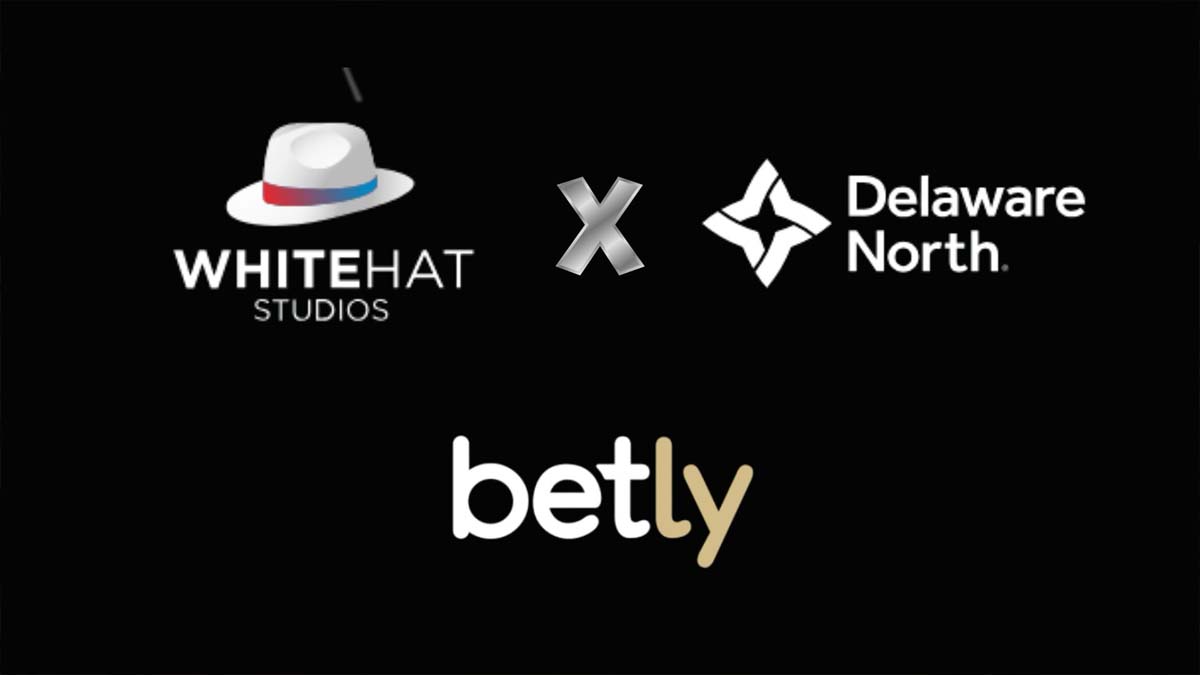Fragmented online slot regulation in the US and lessons for European operators
The iGaming regulation varies by state in the US. As of now, only 7 out of 50 states consider online casinos a legal form of entertainment.
Each state creates its own set of rules, including geolocation mandates, tax regimes, licensing requirements, responsible gambling rules, and more.
What is legal in this jurisdiction might violate the law in another state. Interstate activities are restricted by the Federal Wire Act and the Unlawful Internet Gambling Enforcement Act.
When it comes to online slots, this fragmentation adds a layer of complexity. Slot operators must handle countless slot variants, a high volume of daily transactions, and heightened responsible gambling concerns while staying within the “regulatory border” of each state.
Every slot variant must comply with state law, such as age verification, geolocation, marketing, responsible gaming, and more.
Still, the patchwork of regulation leaves some doors open for EU-based operators, who have long adapted to the multi-jurisdiction market.
What European iGaming Operators Can Learn
The keys to surviving this regulatory chaos are tailored operations and flexible governance.
Tailor Operations
A modular compliance infrastructure goes a long way in adapting to local regulations. The system should include product licensing, KYC/AML, marketing compliance, payment flows, and geolocation. Whenever an operator enters a new jurisdiction, the infrastructure quickly fits into its regulatory framework without major updates.
Regarding marketing, European operators should tread with caution as each state imposes different limits on online casino advertising. Responsible gambling is another huge concern to consider.
Additionally, the fragmented landscape means instability. US states can change their set of rules, including product scopes, taxes, advertising, and more. Operators must prepare for these sudden changes and update their operations accordingly.
Flexible Governance
Successful governance and compliance start with strategic market selection. A misstep in market entry costs operators heavy taxes, expensive licensing, and uncertain rules. Consider the overhead cost, ease of adaptation, scale potential, ROI, and regulatory stability before jumping into a new jurisdiction.
Also, European operators should combine centralized and decentralized governance.
Develop a centralized management system for compliance, audit, player-fund segregation, data protection, and responsible gambling. At the same time, reach out to local execution teams to better understand local regulations.

Regulator fragmentation requires European operators to localize their operations.
Fragmentation is a Double-Edged Sword
While European operators, with their multi-jurisdiction experience, can easily fit into a fragmented regulatory framework, it requires flexible compliance to navigate the strict local requirements.
The lack of standard regulations may pave the way for unlicensed sites because a legal operator in a small jurisdiction might become illegal in another state.
If an operator fails to adapt their compliance infrastructure, they may lean toward grey-market behavior, which triggers law enforcement action. The constant upgrade of slot games might also demand extra licenses or adaptation.





